
What is your best memory of being a young chemical engineer?
President Elect

I started my chemical engineering career as a research process engineer at the Rohm and Haas Company, charged with moving products and processes from the lab through scale-up to manufacturing. At that time, the chemists and engineers were in different departments. The chemists ran all of the experiments and the engineers developed process models. We were developing a continuous process with multiple reactors, columns and recycle streams. The process model predicted a much better separation than the lab experiments. I came across an article by James Fair about flooding and tray efficiencies in sieve columns, and thought the problem might be low flow rates in the lab column. One of the engineering technicians and I negotiated for bench space, set up a column, and proceeded to flood the column using water and air. We caused quite a stir because no one expected to see us in the lab, and, truth be told, it was a messy, wet, procedure. It turned out that the small diameter lab column was running around 20% flood, corresponding to a very low tray efficiency. The lab obtained the model-predicted separation after increasing the flows by a factor of four. Why is this so memorable for me? It represents my first technical success in my first chemical engineering job. My internal report became a personal "best-seller," providing the flow design basis for many succeeding experimental programs. The experience set the stage for me as someone who would step out of the box, someone who could be relied on to solve the problem and get the job done.
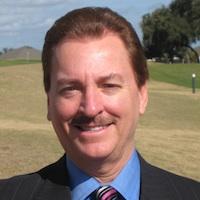
The best memory I have of being a young chemical engineer is the diversity of work experiences that I had. I always enjoyed the diversity of work experiences that my chemical engineering education allowed me to accomplish. Early in my career I worked as a safety engineer, then a process engineer, pilot-plant engineer, sales engineer, project manager, product manager, and environmental engineer, all in a period of 10 years after graduation from Stevens Institute of Technology with five different companies. My chemical engineering education allowed me to take a systems approach to analyze and solve problems in a variety of very different work experiences.
Treasurer
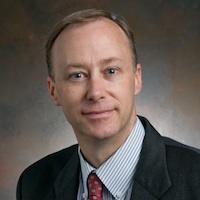
My best memory as a young chemical engineer occurred during the month after we pumped the first 10,000 gallons of nuclear waste into the Defense Waste Processing Facility at the Department of Energy's Savannah River site. We filled several vessels with radioactive waste, however, we had not yet started up the glass melter designed to incorporate the highly radioactive waste into a glass matrix and then pour it into a stainless steel canister. The melter's pour spout would routinely become clogged with molten glass which would then solidify. This in turn, prevented the plant from attaining the desired rate of production. The only way to unclog the pour spout was to manually enter the cell by climbing down 40 feet of piping and carefully ramming a steel rod into the pour spout. Two days before we were scheduled to place the melter into radioactive operations, I was chosen to climb into the radioactive canyon (of course with the proper safety gear, the radioactivity contained in tanks, and with sufficient shielding) with a small team and break out the glass from the pour spout for the final time. This involved climbing down the piping into the melter cell and carefully standing under the melter pour spout with a melter full of molten glass. I remember being nervous that hot glass might spill out onto my arms. Even though my colleagues had done this many times, this was a first for me! This was the last time this was ever done manually, as we subsequently installed a robotic arm to do the same procedure prior to making the melter radioactive.
Director
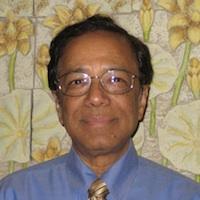
Helping and mentoring many young chemical engineering students.
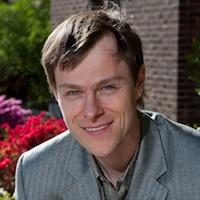
The excitement of knowing that chemical engineering is at the core of addressing so many of our pressing issues; we can actually make a meaningful difference. And, hey, I still feel young at heart :-)
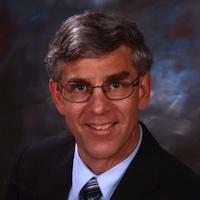
One of my favorite memories was my first visit to the heavy water processing facility soon after I started working at the Savannah River Plant. I had just started my dream job working as a process engineer for DuPont. Separating two isotopes of water is extremely difficult. To achieve this separation took a huge processing facility with two trains of distillation columns. Each distillation train had six distillation columns to hold those 444 bubble cap trays needed to separate the heavy water (D2O) from the light water (H2O). I'm not fond of heights but it was an impressive view from the top of column 1, as I could see several of the plant's nuclear reactors, the Savannah River and even the Plant Vogtle Nuclear Facilities across the river. Even more impressive was the view of the distillation columns at night (don't you love seeing a refinery lit up at night?). I learned that listening to operators and mechanics was essential in understanding how the plant was really operating. I learned that if I helped the operators to fix some problems that were hurting production, I could get them to help me with my other crazy ideas for improving production.
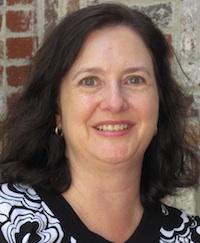
I think that I would have to say that I most fondly remember the journey of self-discovery when I was a new engineer. I had always done well in school, but performing well on an exam is not the same as developing a design and seeing the project through the construction and startup phases. Working with teams of engineers was not a problem, we had practiced that in school. However, I was unprepared for the first time I had to supervise a team on a construction project. The crew had their minds set that no young girl was going to tell them what to do just because I had that college degree. I'll admit the first day was a little rocky. What I discovered, however, was that everyone has an area of expertise and if you take the effort to discover what that is, people will treat you with more respect.
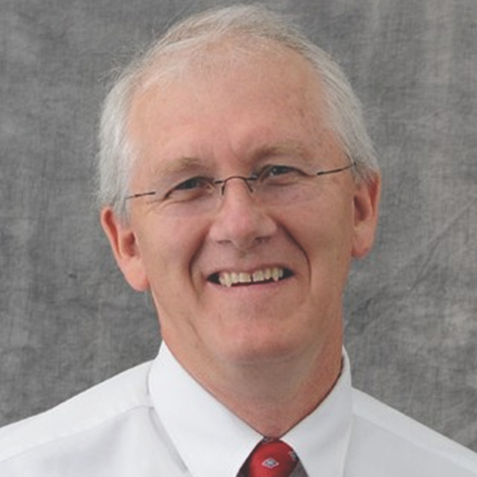
As a young chemical engineering student I traveled from Provo, Utah, to Tucson, Arizona, to attend the regional student conference since we were hosting it in Provo the following year. Our adviser took us in a van and we had a great time as students. The most memorable part of this was the time I was able to spend with our student adviser who ended up being my PhD adviser and has remained a long-time friend and personal adviser who I've talked to when I've faced major changes including changing jobs, starting new businesses and moving from industry back into academia. It all started during the trip we took as new student officers in the AIChE.
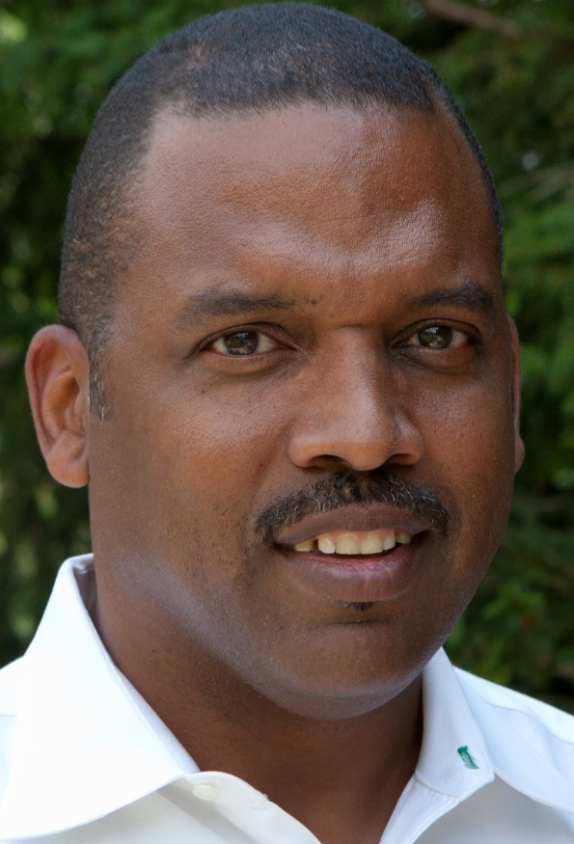
I have so many great memories from early in my career. Of the memories that I can share, one sticks out; it resulted in a turning point in my career path. After completing my graduate studies, I stayed in Ann Arbor waiting for my wife to complete her M.B.A. At the time I had no interest in pursing a career in academia but wanted to see what it would be like to participate in an entrepreneurial venture, so I took a position at a local small business. I maintain contact with faculty at the university and was approached by Professor Scott Fogler about an adjunct professorship. He offered me the opportunity to teach an undergraduate course. I accepted the position and taught the course. To say I enjoyed the experience is a serious understatement. One afternoon not long after I had finished teaching the course, I was working in our front yard and one of my students drove up. He emerged from his car with his mother; he told me that he wanted his mother to meet me. Needless to say I was flattered. Based on my experience in the classroom and the reception of my students, I decided to apply for faculty positions. More than twenty years later, I am happy to say I made the right decision.


